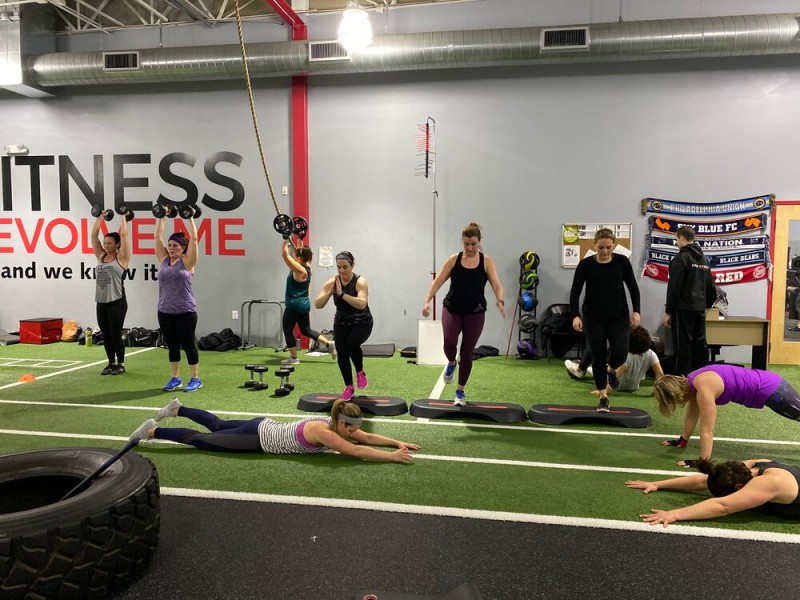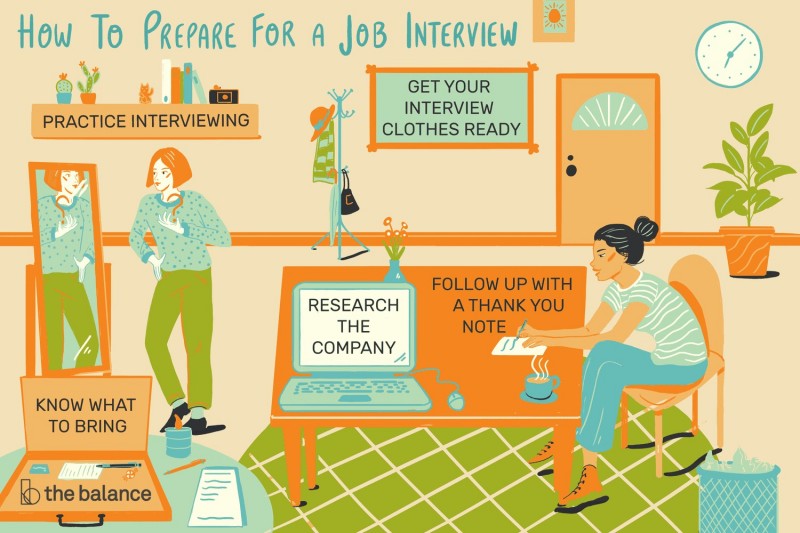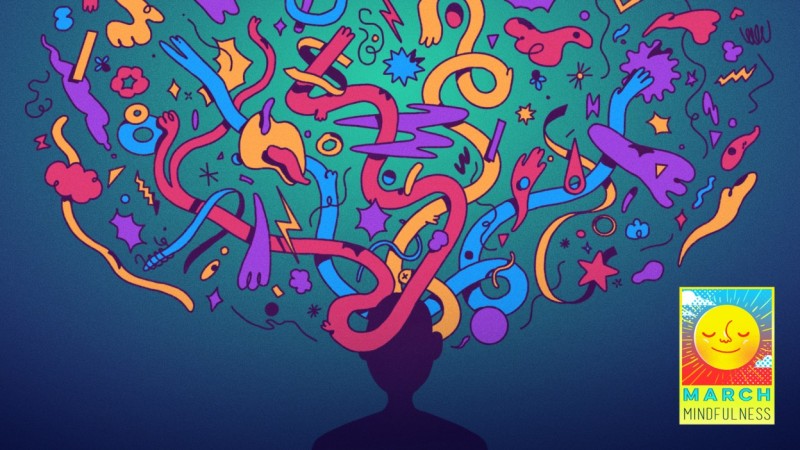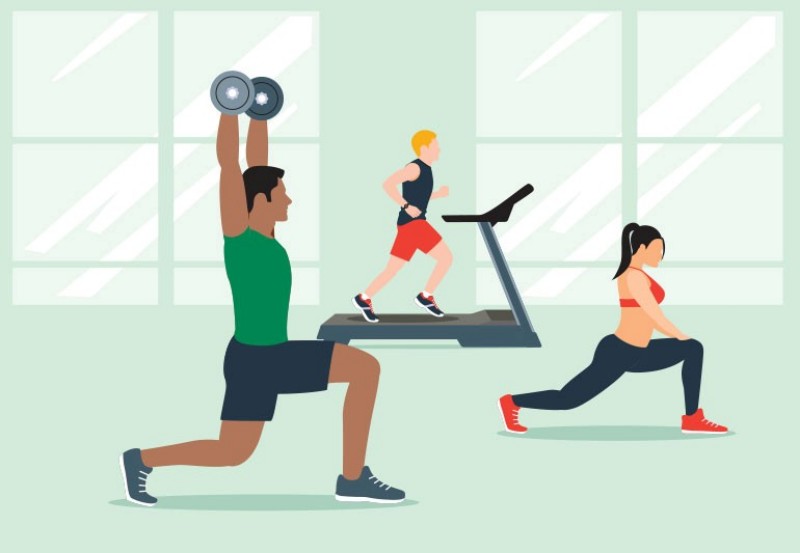Current location:Home > Expert Hub > Research Breakdowns > Text
Time:2025-06-24 Source:Mind Body FuelAuthor:Click:52
Many individuals identify themselves as “night owls”, preferring to stay awake during the night and sleep during the day. This phenomenon, also known as delayed sleep phase syndrome, is not uncommon. However, it’s essential to understand the potential night owl health risks associated with this sleep pattern.
Scientific research has increasingly focused on the effects of being a night owl on physical and mental health. A 2024 study published in the Journal of Sleep Medicine indicated that night owls might have a higher risk of experiencing health problems, including heart disease, diabetes, and mental health disorders, compared to their early bird counterparts.
One of the main night owl health risks stems from the disruption of the body’s natural circadian rhythm. This internal clock regulates various bodily functions, including sleep, metabolism, and hormone production. When this rhythm is disturbed, it can lead to several health issues. For example, night owls often eat late at night when the body’s metabolism is slower, which can lead to weight gain and related health problems. Late-night eating can also increase the risk of gastrointestinal issues and acid reflux.
Moreover, chronic sleep deprivation can be another concern for night owls. According to a 2025 study from the Sleep Research Society, staying up late and waking up later in the day often results in fewer sleep hours. This chronic sleep deprivation not only contributes to fatigue but also impairs cognitive function, leading to decreased productivity and concentration.
Another significant health risk associated with being a night owl is mental health disorders. The same 2024 study in the Journal of Sleep Medicine found a strong correlation between being a night owl and increased rates of depression, anxiety, and stress. This is likely due to the social and professional isolation night owls often experience due to their unconventional sleep patterns.
Managing these night owl health risks involves adjusting your sleep schedule gradually. Try shifting your bedtime and wake-up time earlier in 15-minute increments until you reach a more conventional sleep schedule. It’s also essential to practice good sleep hygiene, such as maintaining a cool, dark, and quiet sleep environment, and avoiding screens close to bedtime.
Regular exercise can also help regulate your sleep-wake cycle. Try incorporating physical activity into your daily routine, preferably earlier in the day, to help promote better sleep at night. A healthy diet also plays a crucial role. Avoid eating late at night and try to consume a balanced diet rich in fruits, vegetables, lean proteins, and whole grains.
Finally, if you’re struggling with adjusting your sleep schedule or if you’re experiencing severe sleep deprivation or mental health symptoms, it’s crucial to seek professional help. A healthcare provider or a sleep specialist can provide further guidance and treatment options.

Unleashing The Power Of Fitness Equipment: A Comprehensive Guide

Pilates for Full Body Workout: Enhancing Strength, Flexibility, and Wellness

Understanding the Vital Safety Features of Power Racks for Enhanced Workouts

Boost Your Workout: High-Intensity Interval Cycling for Optimal Health

Boost Your Wellness with Grip Strengtheners: A Comprehensive Guide to Hand Therapy

Boost Your Business with Effective Corporate Wellness Program Participation

The Ultimate Meal Prep Container Guide for a Healthier Lifestyle

Unleashing the Power of Camu Camu: A Vitamin C Superfood

Discover the Ideal Bedroom Temperature for Optimal Wellness

Ensuring the Stability of Plant-Based Supplements: A Comprehensive Guide
 Unleashing The Power Of Fitness Equipment: A Comprehensive Guide
Unleashing The Power Of Fitness Equipment: A Comprehensive Guide
 Boost Your Business with Effective Corporate Wellness Program Participation
Boost Your Business with Effective Corporate Wellness Program Participation
 The Ultimate Meal Prep Container Guide for a Healthier Lifestyle
The Ultimate Meal Prep Container Guide for a Healthier Lifestyle
 Unlocking the Potential of Digital Health Record Interoperability for Personal Wellness
Unlocking the Potential of Digital Health Record Interoperability for Personal Wellness






Copyright @ 2025 Mind & Body Fuel Email:xya0876@gmail.com No:26148
Statement: The articles on this website are all from the Internet and do not represent any views. Before making any health decisions, you must consult your doctor.